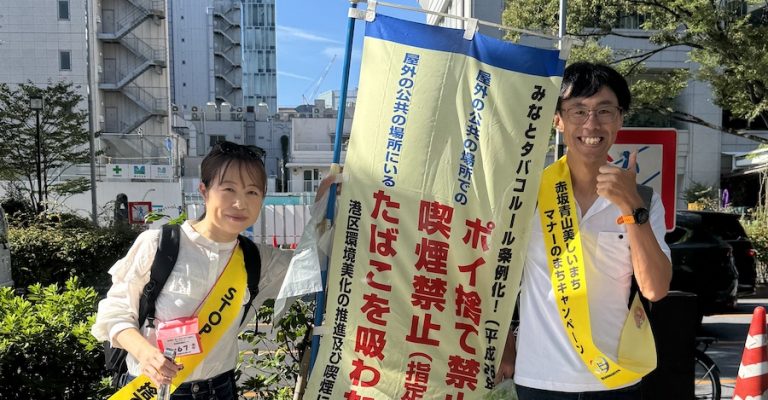Until recently, Japanese brands investing in Meta ads had little visibility into what happened after a user clicked. Did that customer end up visiting the store? Did they purchase offline? These questions remained unanswered.
With Meta’s Offline Conversions API (CAPI), Japanese retailers can finally track how digital ads contribute to real-world sales—closing the gap between online engagement and offline outcomes.
What Is Meta’s Offline CAPI?
Meta’s Offline Conversions API allows businesses to send in-store purchase data directly to Meta’s ad platform, where it can be matched to impressions or clicks. This makes it possible to:
- Measure how many in-store purchases came from Meta ads
- Improve campaign performance with more accurate attribution
- Create custom and lookalike audiences based on real-world buyers
This solution is especially relevant for Japan’s hybrid shopping behaviors, where customers often discover products online but still prefer to buy them in-store.
Why It Matters in the Japanese Retail Landscape
Japan’s retail market is still deeply rooted in physical store experiences—particularly in categories like luxury, cosmetics, fashion, and electronics. Yet most digital ads are still optimized for e-commerce KPIs.
Offline CAPI provides a more complete picture:
- Attribute boutique visits and in-store purchases to your Meta ads,
- Build audiences based on actual purchases, not just clicks,
- Improve targeting by excluding recent in-store buyers,
- Adapt creative to match the full omnichannel customer journey.
Required for the Next Wave of Meta Ads
Meta is preparing to roll out Omnichannel Ads in Japan—campaigns that combine online and offline sales data in one unified setup. These ads will:
- Highlight nearby store locations
- Display product availability
- Optimize delivery to increase foot traffic and conversions
To activate these campaigns, Offline CAPI will be mandatory. Without it, Japanese brands will be locked out of one of Meta’s most powerful new tools.
How Offline CAPI Works
- A customer makes a purchase in-store and shares data (e.g., phone number or email).
- That data is securely sent to Meta through server-side integration.
- Meta matches the data to ad viewers or clickers.
- The event is logged, attributed, and used to optimize future campaigns.
There are two ways to send data:
- Live Mode: Sends purchases to Meta in real-time (good for luxury or low-volume retailers).
- Batch Mode: Sends grouped data regularly (ideal for chains or high-volume shops).
Key Considerations for Japanese Brands
- Offline CAPI respects data privacy regulations, including local consent laws.
- You’ll need a way to collect customer data at the point of sale (CRM, POS, loyalty programs).
- Setup can be handled through Zapier, server-side Google Tag Manager, or a direct API link.
Ready to Connect Your Online Ads to In-Store Sales?
Next Level Japan supports brands with Offline CAPI integration, audience strategies, and campaign setup—specifically tailored for the Japanese market.
📩 Contact us to explore how to future-proof your Meta ad strategy with full offline attribution.












